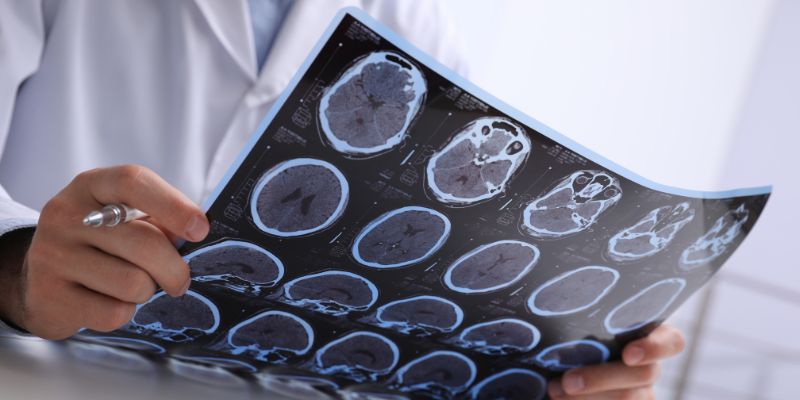Many different physical signs might indicate the presence of rheumatoid arthritis (RA). Yet, people coping with RA may also struggle with mental health concerns. When we talk about someone's mental health, we're referring to their emotional and psychological state.
This research sheds light on the complex relationships between RA and psychological health, which scientists had poorly understood. Both RA and depression have been connected to inflammatory processes.
The amount of consideration and care that a person gives to their emotional and mental health is likely to have some bearing on how well they are able to regulate their RA. If you are feeling anxious, depressed, or any other emotion that isn't normal for you, talk to your doctor.
Your physician may evaluate the scenario, question you about it, and provide you guidance on how to manage your symptoms as well as any health concerns that may emerge from it.
Mental Disorders and RA Are Common

People with RA are more likely to suffer from depression and anxiety than the general population. One in five patients diagnosed with RA will have depression within five years, according to research done in the United Kingdom in 2017.
Another study from 2017 found that 20% of those with RA also suffer from anxiety. Furthermore, 39% of the population had clinical depression, according to the survey. Unlike RA, mental health issues like sadness and anxiety don't appear in the body but provide significant obstacles.
Living with a long-term health problem is challenging enough without dealing with many at once. It's possible to have RA, depression, and anxiety simultaneously.
Untreated Mental Illness Might Worsen RA
The Mayo Clinic claims that RA treatment is compromised by unaddressed depression. Several studies have confirmed this. Depression can worsen RA pain, making it more difficult to manage RA symptoms. Mood-altering hormones are released in response to stress, which in turn is caused by pain.
When someone's disposition shifts, it can have far-reaching consequences. The inability to relax and fall asleep at night might increase stress levels. Anxiety and depression, expressed, make it harder to deal with pain.
Negative effects on quality of life from RA treatment that ignores comorbid mental health issues, including anxiety and depression, have been documented. People may experience difficulties in several areas of everyday life.
There's a chance their pain levels and their risk of heart disease are higher. Both one's interpersonal connections and one's professional output may suffer.
Biological Evidence of A Connection
Reactive arthritis (RA) and depression may share the same biological basis. Inflammation contributes to the pain and joint destruction seen in rheumatoid arthritis.
Also, there is a correlation between inflammation and mood disorders. Many persons with depression have elevated C-reactive protein (CRP), a marker of inflammation scientists use.
An increased CRP level may be associated with untreatable depression, according to research published in 2018. It's too soon to state that inflammation is the root cause of both diseases in many people. Yet, investigating the possible connection is a pressing new area of inquiry.
Possible Under Diagnosis of Depression

Those living with RA aren't usually checked, even though it's well-known that various kinds of arthritis are associated with a higher prevalence of the mental disorder. Neglected mental health problems may result.
It was shown in research published in the British Journal of General Practice that sufferers of depression or anxiety may come to accept their feelings of sadness or unease as usual. Also, they might assume doctors are more concerned with relieving their physical pain from RA than addressing any accompanying psychological distress.
Some people may be reluctant to talk to their doctors about their mental health because they fear being judged or rejected. Nonetheless, it is crucial to your well-being to discover how to manage your mental health successfully.
If you're struggling with your mental health, numerous resources are available, like consulting with your primary care physician, finding a therapist on your own, or joining a support group.
Conclusion
People who have rheumatoid arthritis (RA) should give their mental and physical well-being the same amount of importance. According to research, there may be a connection between rheumatoid arthritis and depression as well as other mental health disorders. Receiving treatment for a mental health condition may also be helpful in the management of RA. Make an appointment with your primary care physician if you are concerned about your mental health and want more information about the treatments and services that are available.




